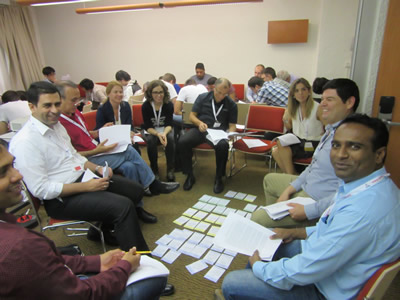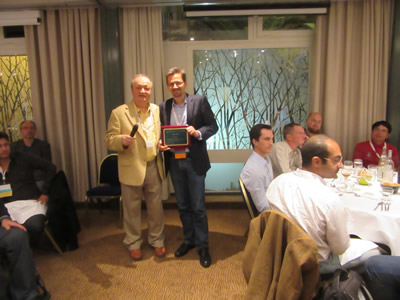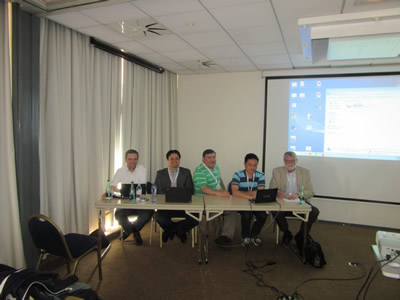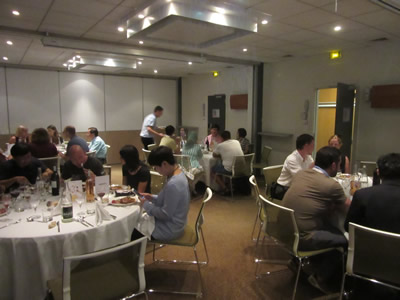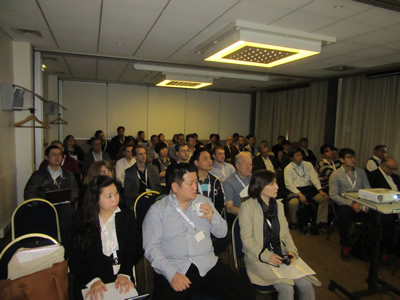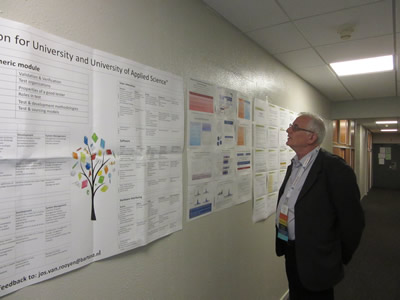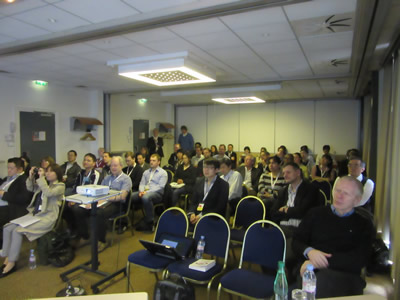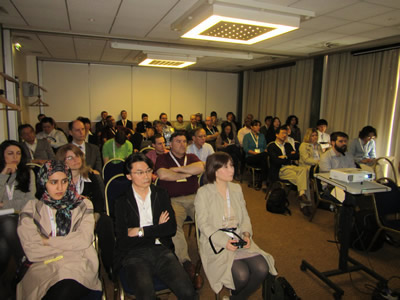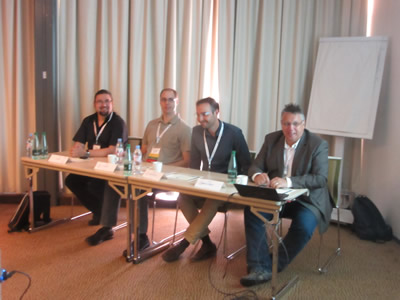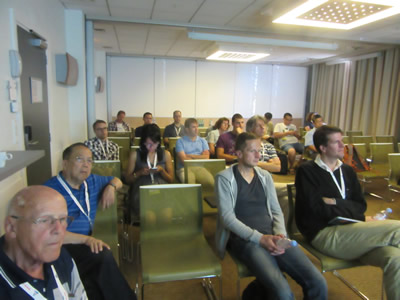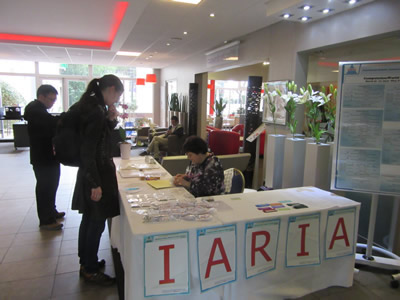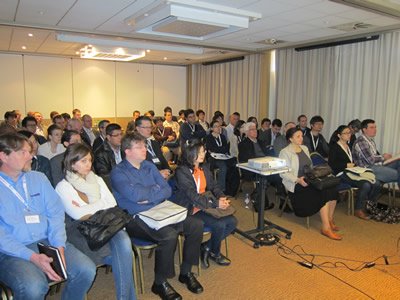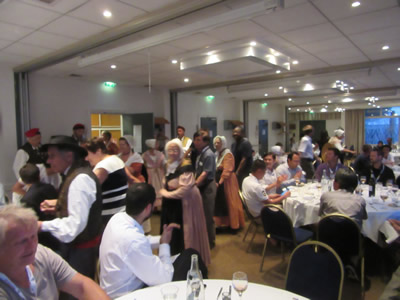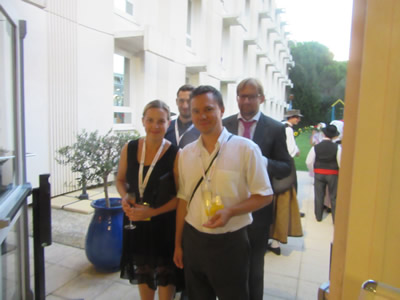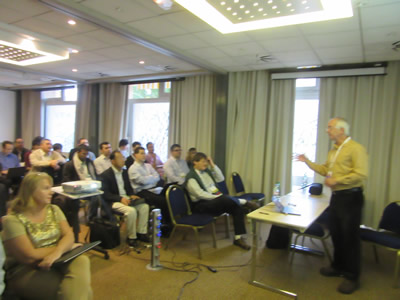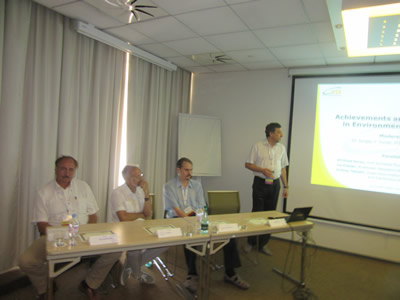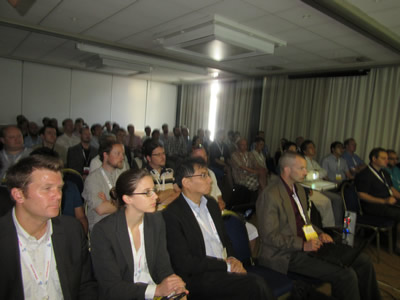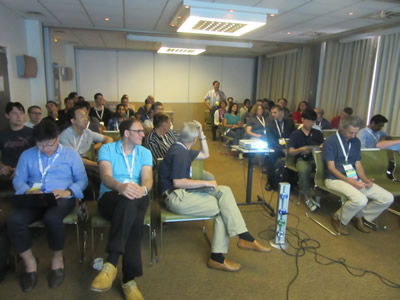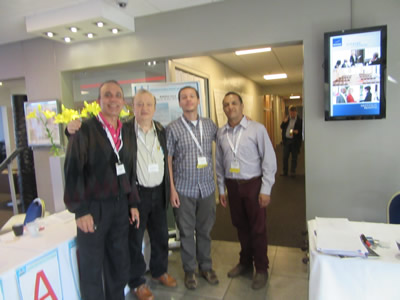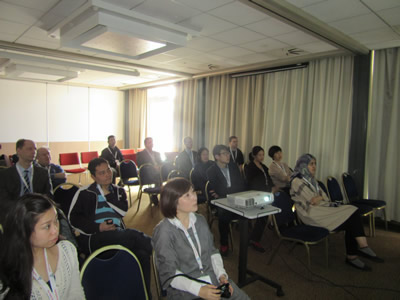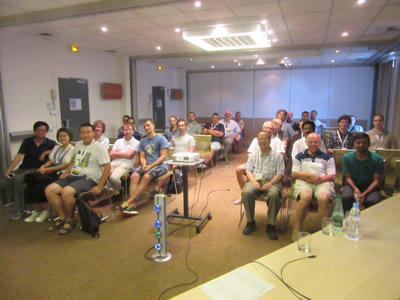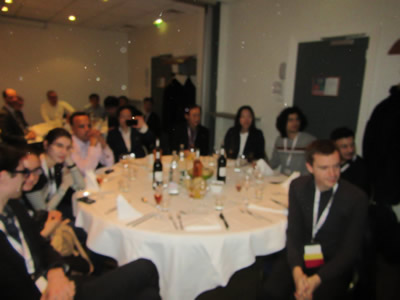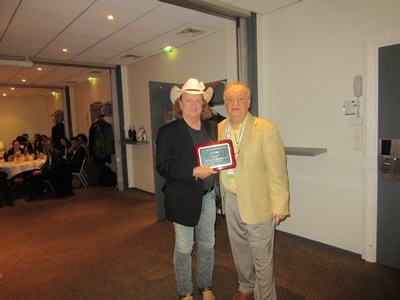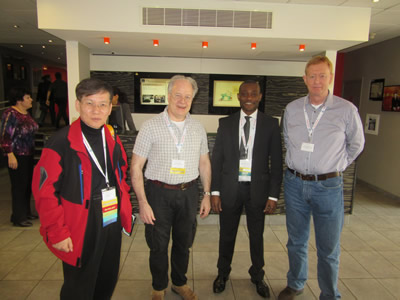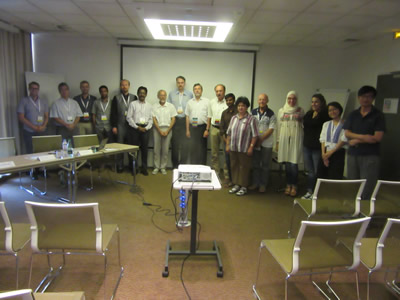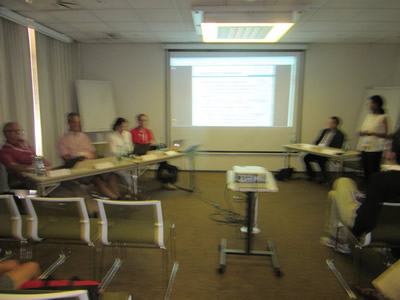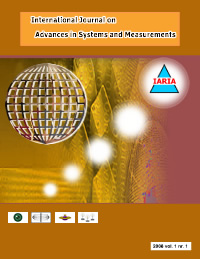PREDICTION SOLUTIONS 2022 - International Conference on Prediction Solutions for Technical and Societal Systems
July 24, 2022 - July 28, 2022
PREDICTION SOLUTIONS 2022
Onsite and Online Options: In order to accommodate a large number of situations, we are offering the option for either physical presence or virtual participation (pdf slides or pre-recorded videos).
ISSN:
ISBN: 978-1-68558-019-3
PREDICTION SOLUTIONS 2022 is colocated with the following events as part of SocSys 2022 Congress:
PREDICTION SOLUTIONS 2022 Steering Committee Chair
|
 |
Sandjai Bhulai
Vrije Universiteit Amsterdam
The Netherlands
|
|
|
|
PREDICTION SOLUTIONS 2022 Steering Committee
|
 |
Corné de Ruijt
Windesheim University of Applied Sciences
The Netherlands
|
|
 |
Robin van Ruitenbeek
Lensor
the Netherlands
|
|
 |
Ieva Meidutė-Kavaliauskienė
Vilnius Gediminas Technical University & General Jonas
Žemaitis Military Academy of Lithuania
Lithuania
|
|
|
|
PREDICTION SOLUTIONS 2022 conference themes:
Prediction fundamentals
Prediction process (observing, inferring, and classifying); Brain/Psycho predictions in social systems; Prediction techniques (rule-based predication, heuristic, fuzzy logic, etc.); Prediction statistical techniques (regression, bootstrapping, etc.); Agile prediction; Causality vs. Correlation relation; Negative predictive value, Sensitivity, Specificity; Formalizing brain psychological capabilities for prediction
New prediction modeling approaches
Modeling methodologies for repetitive predictions; Criteria for selecting a correlation type; Criteria for selecting a predictor variable for regression analyses; Predictor-based model discrimination and calibration; Experiments for building strong correlation functions; New combinations of correlation measurements; New correction matrix; Optimized correlations for a higher predictive power score; Detecting symmetric and asymmetric correlations; Identifying linear and non-linear correlations; Methods for detecting hidden patterns
Approaches for correlation functions and data
Solutions for correlating variables; Correlation functions with continuous and discrete variables; Guidelines for selection of correlation indicator; Modeling the data with parametric and non-parametric predictive models; Datasets and Machine Learning; Correlation functions for multimodal Big Data; Correlation through AI-based recursive forecasting; Incorporate external intelligence and/or extraneous variables; Private prediction (private ML-based scenarios, public output); Scale-up and scale-down prediction accuracy
Methods/tools for prediction testing and validation
Simulation via Digital Twins technology; Predictive testing tools; Parametric tests (means) and non-parametric tests (medians); Testing recursive predictions; Hypothesis tests: parametric tests (means) and non-parametric tests (medians); Guidelines for test selection vs data distribution
Solutions for prevention via prediction
Preventing systems failures (fault-tolerant systems, resilience, etc.); Preventing thefts (humankind, cyber-protection, etc.); Preventing social crimes (hot spot predictions, etc.); Prevent technical disruptions (predictions on supply chains, intermittent medical assistance, etc.); Prevent massive service disruptions (predictive Internet, power failure, etc.); Solutions for preventive safety (transportations, food industry, hazards, thefts, etc.); General outcome for outturns of any predictions
Solutions and challenges for trending technologies
Solutions for predictive maintenance; Solutions on predictive Internet; Predictive success on restorative medicine; Predictive solutions on mobile health technology in brain-related illnesses; Predictions on massive Cloud-based technology adoptions; Predictions on service availability of hybrid Cloud and Edge/For computing; Case of predicting penetration rate of intelligent automation (Industry 4/0/5.0); Prediction on privacy invasion in human-centered devices/services; Predictions on Return on Investment (RoI) for Blockchain and 5G; Prediction of adoption of Virtual Reality and Augmented Reality; Predictive trust in system resiliency; AI-based prediction of cyber-attacks
Applications in selected domains
Financial markets predictions (inflation, crash, boom, etc.); Predictions in real estate market (home prices, sale volumes, etc.); Prediction model in media consumption (audience, specific media, etc.); Spatial/localization prediction (any domain; see volcano vs fault lines); Natural disasters/catastrophes (forecast based on atmospheric observations); Earthquake predictions models; Predict/Forecast for climate changes (drought, rain, temperature, pollution, etc.); Predict/Forecast local/nationwide of emergency events occurrence (wildfire, flooding, travel conditions); Epidemic/Pandemic prediction models (spreading areas, contagiousness, virulence, etc.); Social predictions (political races, education, etc.)
Models, solutions, applications, and lessons learned
Archaeology; Astronomy; Biology; Economics; Education; Marketing; Medicine and Health Care; Musicology; Psychology; Risk Management; Social Sciences
Deadlines:
Submission | May 22, 2022 |
Notification | Jun 15, 2022 |
Registration | Jun 22, 2022 |
Camera ready | Jun 25, 2022 |
Deadlines differ for special tracks. Please consult the conference home page for special tracks Call for Papers (if any).


